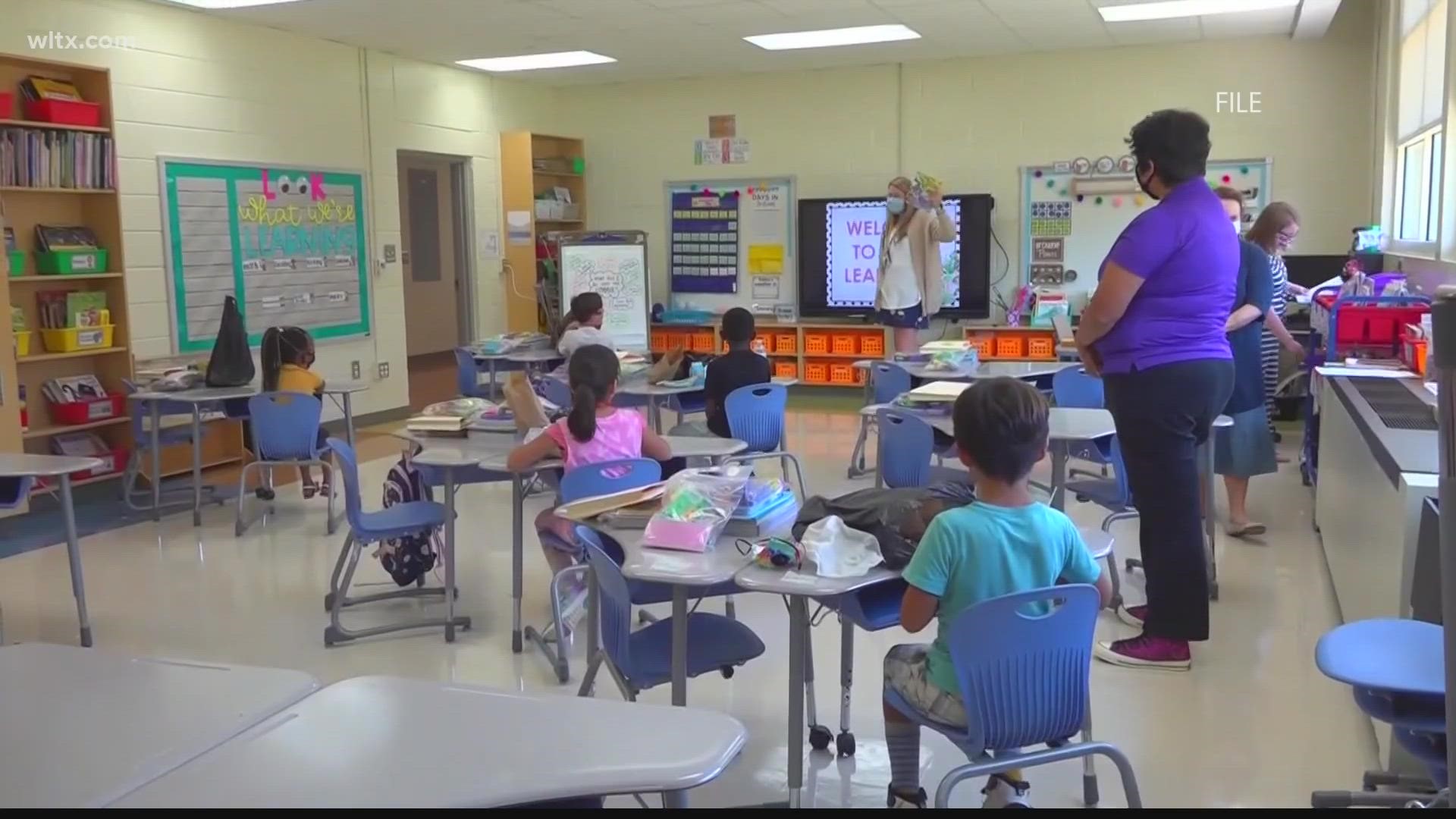COLUMBIA, S.C. — South Carolina lawmakers are considering several pieces of legislation that would give parents additional options when it comes to their children's K-12 education.
Last month senators passed a bill that would provide $6,000 scholarships to low and middle income students for private school tuition. Up to 15,000 students would be eligible by the third year of the program, costing the state up to $90 million annually.
The constitutionality of this type of program has been debated, as South Carolina is prohibited from spending public money on private or religious schools.
Sen. Tom Davis is proposing an alternative called Academic Choice in Education (A.C.E.).
The proposal would create scholarship funding organizations that would solicit donations from large corporations who would benefit from a one to one tax write off, costing the state up to $55 million annually.
“The premise here is parents are going to exercise choice and be in a position to decide what’s best for their child," said Sen. Tom Davis (R-Beaufort).
Scholarships would range from $1,400 to nearly $10,000 per student. The number of students given scholarship depends on the number of donations.
Eligible students would be broken into four categories: Children with exceptional and special needs; those who are economically disadvantaged (families that are at 200 percent of poverty or less on the federal poverty index); homeschoolers; and general scholarship students.
“You know, we have a staffing shortage in our schools right now. We have children that aren't below reading level and math levels where they need to be but yet we seem to continue to spend our time talking about how to get our tax dollars into private institutions," said SCEA President Sherry East.
This week a House Education Panel took up a proposal that would allow students to attend any public school in the state regardless of where they live.
“It's another tool in the toolbox for our parents to have choices and for children being able to learn in the environment that best suits their needs,” said sponsor of the bill Rep. Shannon Erickson.
Unlike voucher programs, open enrollment has broader support across teachers groups including the SCEA.
"If a school is in closer proximity to a child's house, then we should probably explore what that looks like as long as the funding mechanism follows the child into that district," said East.
Some like Rep. Terry Alexander (D-Florence) have concerns over the impact this legislation would have on rural schools.
“Those who have the choice can make that. But those who are not and cannot make that choice what becomes of those schools and those children in those schools?" said Alexander.
The House is expected to debate the Senate's education scholarship bill next month. The two chambers failed to agree on testing requirements last year.
Lawmakers also advanced legislation offering education majors up to $7,500 in scholarships if they promise to stay and teach in the state's public schools.

